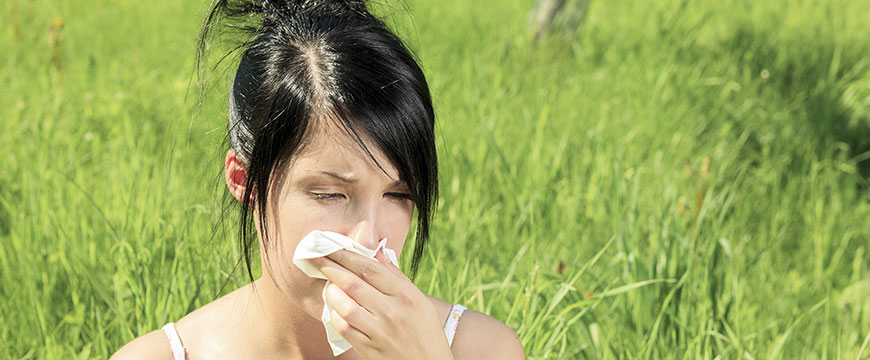
Some allergy problems are mild, like hay fever and they do not really need medical attention. Sometimes, your allergies can be managed by over-the-counter medications and there are times when they can disrupt your daily life. Allergies can also be life-threatening and you might need to see an allergy doctor.
They can tell you what you are allergic to and what you need to avoid so that the triggers will not act up. If you want to find out more, you should read on.
If You are Unsure if You Have a Cold or Allergies
Colds and allergies – allergic rhinitis can be easily confusing because both of them have runny noses and sneezing. A doctor helps you determine if the symptoms are because of environmental allergens such as dust, pollen, dander, tobacco smoke, or mites. It could also be a cold or upper respiratory tract inflammation because of a virus. The treatment for colds and allergies are different, so knowing what you are experiencing is crucial in choosing what medicines you must take. If you take cold medicine when you are actually having allergies is ineffective and wastes your money.
If you have an itchy nose or eyes, red/watery eyes, or puffiness/swelling inside your throat, eyelids, or ears, you most likely have allergies.
Who Can Develop Allergies or Asthma?
Allergies and asthma affect anyone, no matter the age, race, gender, or socioeconomic factors. Even if it is true that allergies and asthma are seen in children more, they can come out for the first time anytime in your life. Allergy symptoms sometimes start during childhood, go away for many years, and appear again in your adult life.
Even if exact genetic factors have no further studies yet, asthma and allergies can also be caused by heredity. With people who are susceptible, factors like stress, hormones, perfume, or other irritants may also contribute to this.
When the Symptoms Interfere with Your Life
Aside from having a stuffy nose along with other symptoms, allergies can also other annoying issues like sinus infections, ear infections, and headaches, which make you feel miserable. However, when you have allergies, you will have a hard time working, sleeping, or enjoying the outdoors, and this makes you suffer. A doctor helps you in figuring out what you can be allergic to, and how symptoms are effectively managed. Therefore, you can start to live your life again. Medicines and over-the-counter prescriptions can be bought to treat allergy symptoms. When they do no work, you can go to an allergy expert to get a shot, and they will desensitize your allergens over time.
Serious Allergy Symptoms that Require you to See a doctor:
- You have a hard time breathing and need to catch your breath
- Most of the time, you wheeze or cough, especially during the night after exercising
- You have shortness of breath or tightness in your chest frequently
- You had a diagnosis of asthma, and have frequent attacks even if you are taking medication
- You suffer from other health problems like thyroid disease, heart disease, diabetes, high blood pressure, glaucoma, liver disease, enlarged prostate, kidney disease, or liver disease. In case you do, it might not be advisable for you to use over-the-counter drugs without talking to a doctor
You should go to an allergic clinic Manassas VA anytime if your symptoms are interfering with your life.








